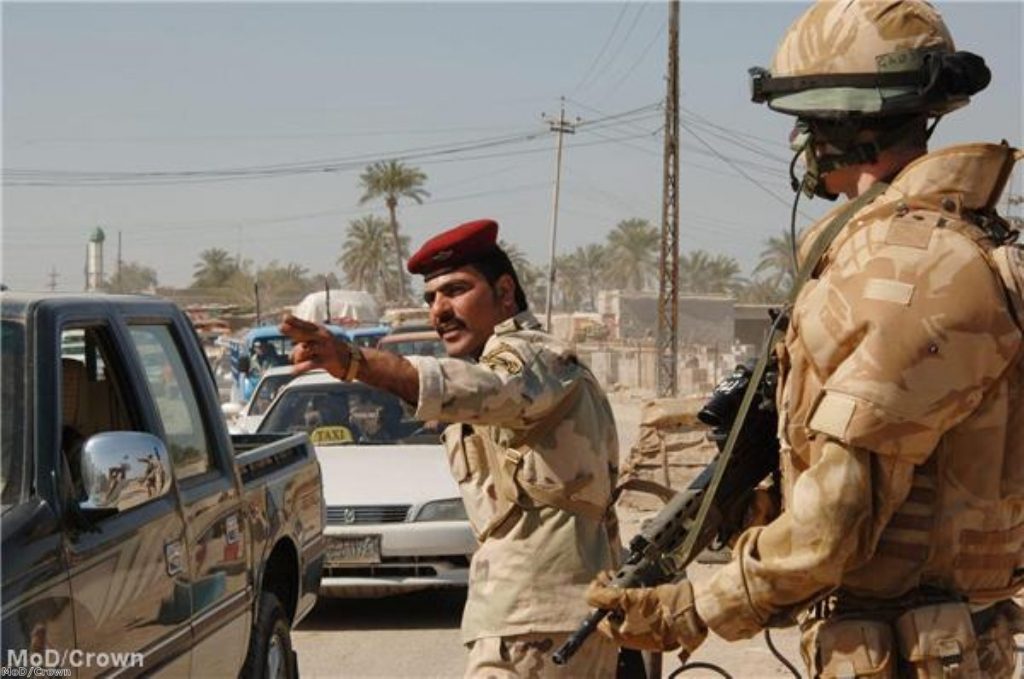Iraq inquiry: Official admits policing plan errors
The British government did not even consider the possibility of looting or criminality in post-invasion Basra, a former Foreign Office official has admitted.
Stephen Pattison, who served as the head of the Foreign Office’s United Nations department from 2001 to 2003, admitted failures of planning before the invasion took place in evidence to the Iraq inquiry this afternoon.
“We hadn’t looked at the possibility of criminality and looting, let alone the possibility of insurgency,” Mr Pattison, who also served as director of international security until 2007, told Sir John Chilcot’s panel.


Security in Basra collapsed after Saddam Hussein was ousted from Iraq in 2003. Lawlessness triggered by militia rivalries followed the collapse of Saddam’s police force – an event not predicted by London.
“One of the huge assumptions was the Iraqi police force would remain in place,” Mr Pattison explained.
“It was our belief in that that coloured our approach. What we needed was to train and reform the Iraqi police force, not to replace it. That turned out to be an erroneous assumption.”
Foreign Office staff planned details about how to retrain the existing Iraqi police force which they feared might be “tainted” by association with Saddam.
They even considered dilemmas like whether they should change uniforms, or be permitted to keep their old medals.
Mr Pattison revealed the limited nature of planning on policing issues across Whitehall.
“I don’t think anyone assumed that policing would be a Foreign Office lead because it was assumed that no one in the Foreign Office knew anything about police,” he explained.
The Department for International Development (DfID) had had the most involvement in post-conflict disbandment and reintegration of soldiers before 2003.
“DfID had developed an area of expertise in this area,” Mr Pattison added.
“I was not aware of any suggestion that DfID should take up any post-war planning on police sector reform.”
Mr Pattison said the Foreign Office’s United Nations department contacted policing services across the UK, especially the Police Service of Northern Ireland because of its experience in armed policing.
But, as he added: “Was there anyone in Whitehall pulling together knowledge of policing so we could design the kind of police operation we need in Iraq? The answer to that is no, there wasn’t.”
The evidence session came as a prelude to former foreign secretary Jack Straw’s return to the Iraq inquiry, as Sir John Chilcot’s team seek more insight into the circumstances surrounding the build-up and aftermath of the ousting of Saddam Hussein.












